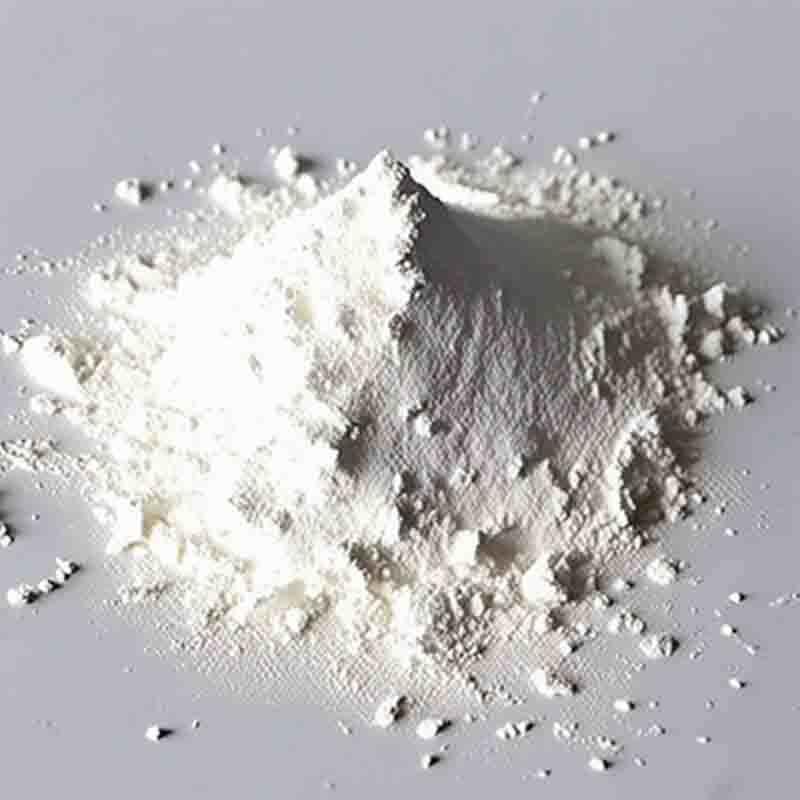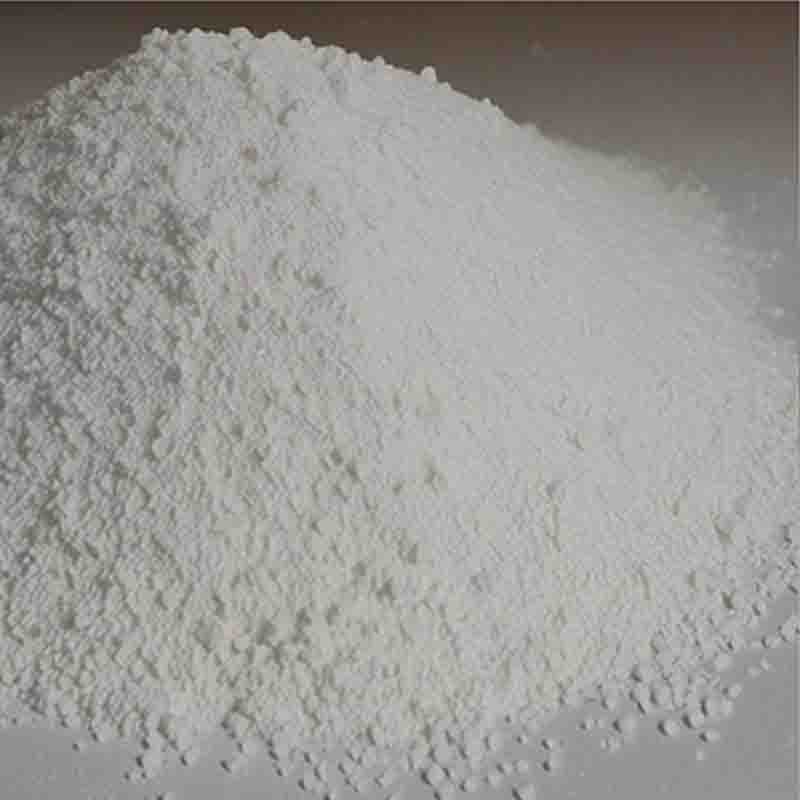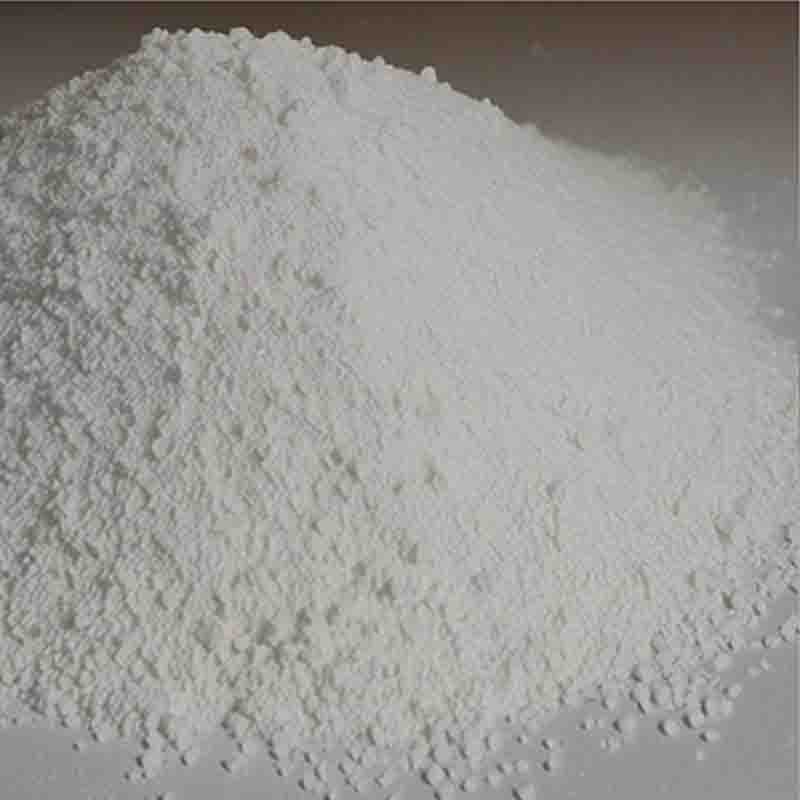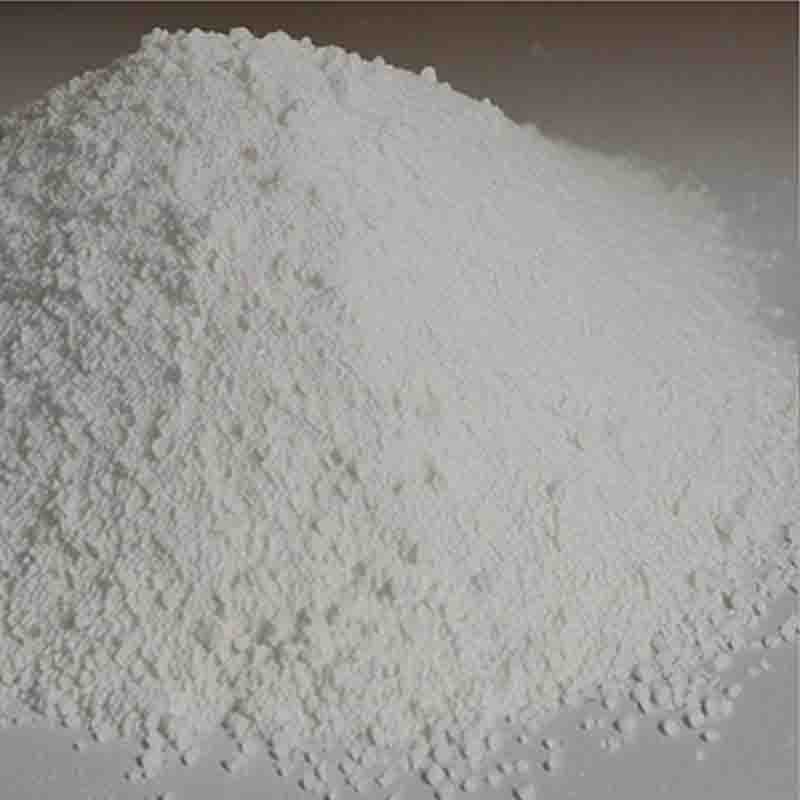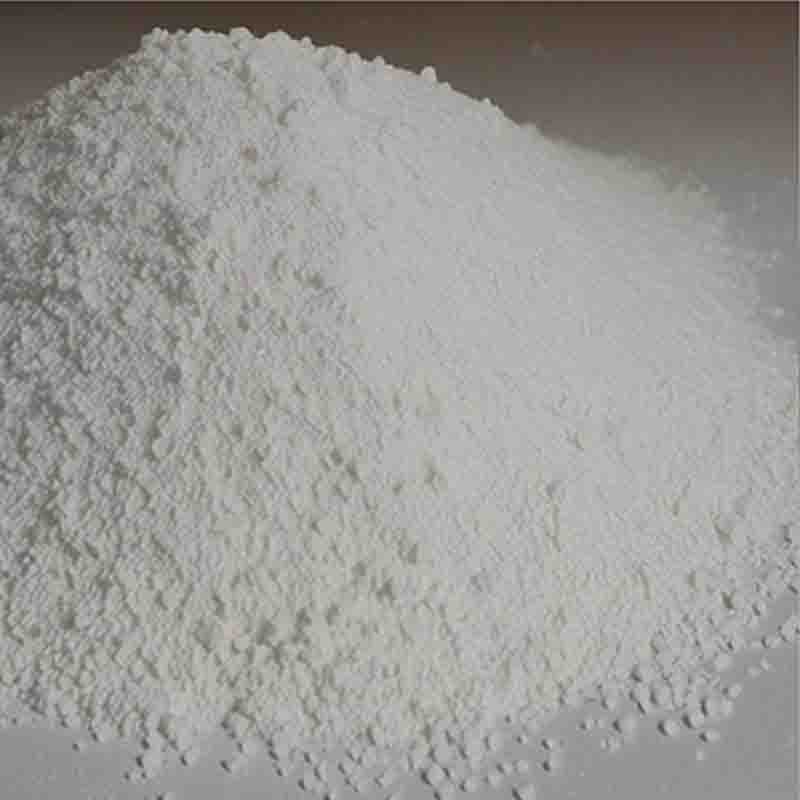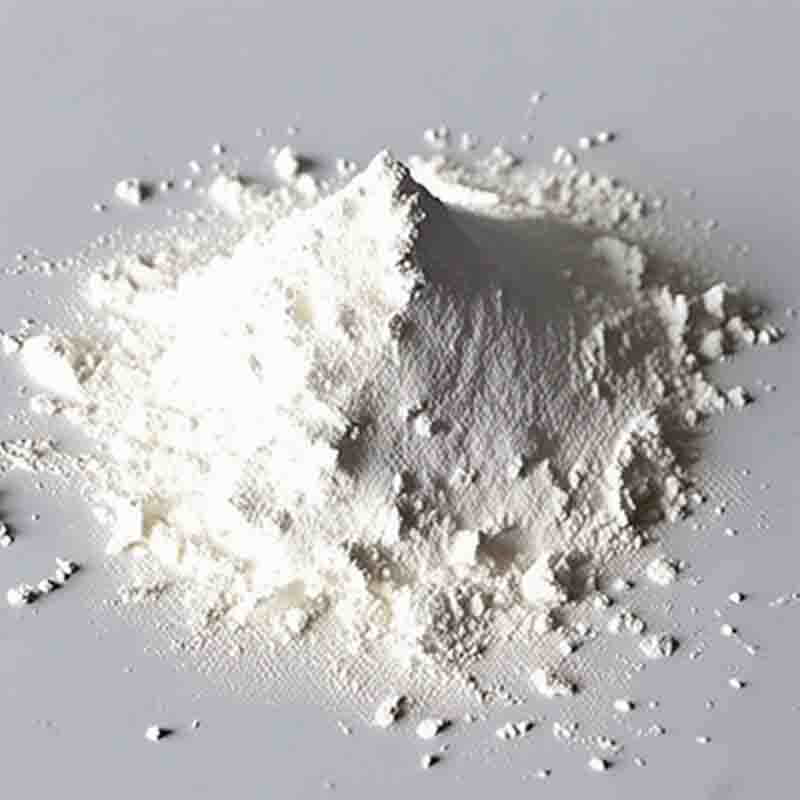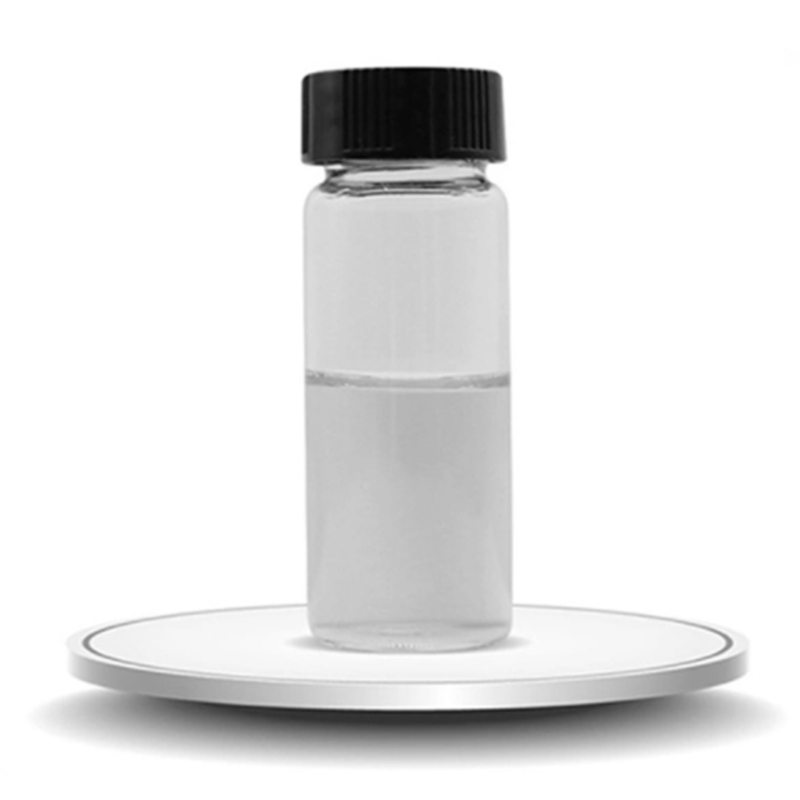(S)-3-Methylamino-1-(2-thienyl)-1-propanol CAS: 116539-55-0
| Catalog Number | XD94092 |
| Product Name | (S)-3-Methylamino-1-(2-thienyl)-1-propanol |
| CAS | 116539-55-0 |
| Molecular Formula | C8H13NOS |
| Molecular Weight | 171.26 |
| Storage Details | Ambient |
Product Specification
| Appearance | White powder |
| Assay | 99% min |
(S)-3-Methylamino-1-(2-thienyl)-1-propanol, also known as (S)-Metoprolol, is a pharmaceutical compound that finds wide application in the treatment of cardiovascular diseases. It belongs to a class of drugs called beta blockers, which work by blocking the effect of adrenaline on the beta receptors in the heart and blood vessels. This medication helps to lower blood pressure, reduce heart strain, and alleviate symptoms associated with various heart conditions.One of the primary uses of (S)-Metoprolol is in the management of hypertension, commonly known as high blood pressure. By blocking beta receptors, it reduces the heart rate and myocardial contractility, leading to a decrease in cardiac output and a subsequent reduction in blood pressure. This helps to alleviate the strain on the heart and lower the risk of cardiovascular events such as heart attacks and strokes.(S)-Metoprolol is also used in the treatment of angina, a condition characterized by chest pain or discomfort caused by reduced blood flow to the heart. By reducing cardiac workload and oxygen demand, it helps to relieve the symptoms of angina and improve the overall functioning of the heart.Another important application of (S)-Metoprolol is in the management of heart failure. Heart failure occurs when the heart is unable to pump blood effectively, leading to symptoms such as shortness of breath and fatigue. (S)-Metoprolol helps to improve cardiac function, reduce symptoms, and enhance the quality of life in patients with heart failure. It is often used in combination with other heart failure medications to provide comprehensive treatment.In addition to its cardiovascular applications, (S)-Metoprolol is sometimes used off-label for other conditions such as migraine prevention and anxiety management. Its ability to block beta receptors can help to reduce the frequency and severity of migraines, and its anxiolytic properties may be beneficial in certain anxiety disorders.As with any medication, (S)-Metoprolol should be used under the guidance of a healthcare professional, and dosage should be determined based on individual patient factors and specific condition being treated. It is important to follow the prescribed dosing instructions, and any potential side effects or interactions with other medications should be discussed with a healthcare provider.In summary, (S)-Metoprolol is a valuable pharmaceutical compound widely used in the treatment of cardiovascular diseases. Its ability to block beta receptors helps to lower blood pressure, reduce heart strain, and alleviate symptoms associated with conditions such as hypertension, angina, and heart failure. It may also have off-label applications in migraine prevention and anxiety management. When used properly and under medical supervision, (S)-Metoprolol can significantly improve the quality of life for individuals with cardiovascular conditions.


